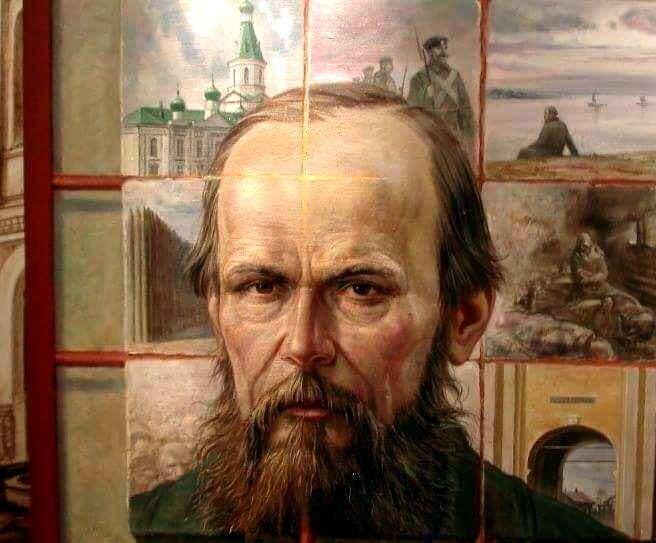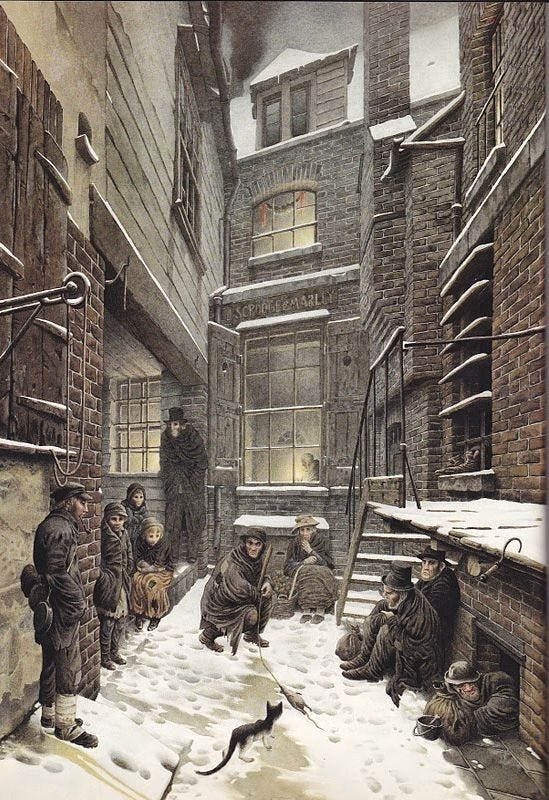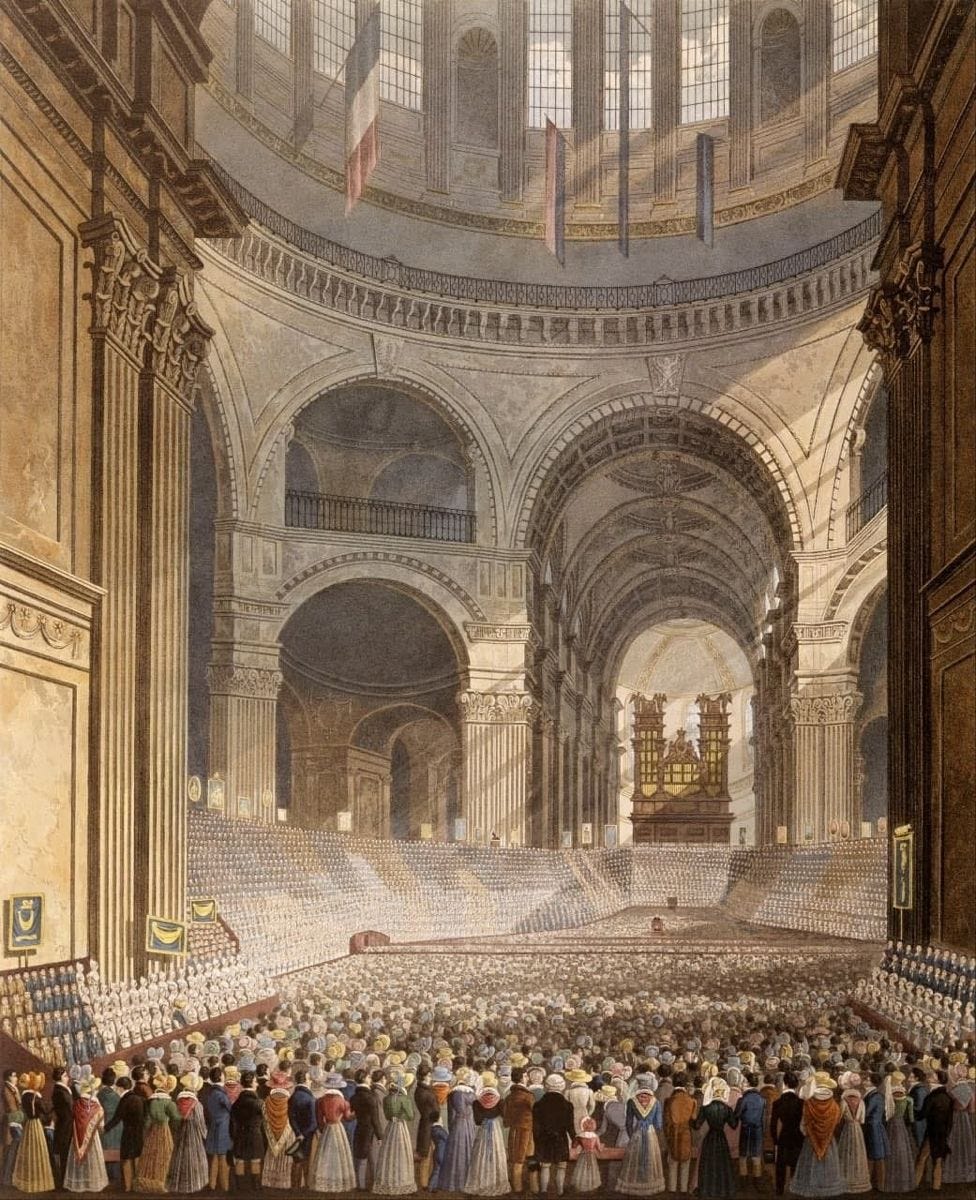Why Beauty will Save the World
Dostoevsky's solution to the problem of nihilism
No one ever captured the tragic hope of modern man in a single sentence like Dostoevsky did.
His novel The Idiot features a kind-hearted protagonist who draws comparisons to Christ himself, yet the narrative is no feel good story of finding redemption in a fallen world. This story reveals the opposite, that the modern world despises Goodness and Beauty, and will destroy the very innocent souls who remind them of such “antiquated,” qualities.
However, Dostoevsky’s genius lies in this one idea:
It’s this same worldly contempt for Beauty that can actually save your life. It’s the very struggle for truth, beauty, and goodness that makes your life meaningful, even in a world as miserable as 19th century pre-communist Russia.
Here then, is the brutal reality of human nature according to Dostoevsky, and the hidden wisdom of The Idiot that can help you live virtuously in the face of evil.
Heavenly Innocence
The novel begins with protagonist Prince Myshkin on a train to Russia after spending years in a Swiss sanatorium, recovering from illness. Though he’s kind and gentle-hearted, he’s returning to a world of hard-hearted, angry, and broken personalities in 19th century Russia. Beyond Myshkin, there are two important characters to track.
First is Nastasya, a beautiful woman who was abused by a wealthy benefactor in childhood. As a tormented and broken adult, she uses her beauty for manipulative and self-destructive purposes. She finds herself attracted to Myshkin for his innocence, but despising him for his naivete.
The other character is Roghozin. He loves Nastaysa, but his love is sick, perverted, and possessive. Jealousy flares at the mere thought of another man having her. He grows to despise Myshkin as competition for her heart, yet Roghozin too feels conflicted. The Prince is too pitiful to hate. There’s something so innocent about his demeanor that softens Roghozin’s wrath.
These characters are an archetypal pattern of how Russian society — a broken and fallen society that has abandoned its faith — views Myshkin. They despise him for his virtues, his contemptible naivete that leaves him a vulnerable “idiot,” to be trampled on by others, yet they cannot help but pity him for the sweet and tender nostalgia that he evokes in their souls.
It’s a paradox — Myshkin is an innocent lamb amongst wolves, a “sheep to be slaughtered,” yet it's his pitiful innocence that might just save this broken society. Dostoevsky captures this brilliant innocence in a single sentence, yet it’s one of the most theologically rich ideas in all his writing.
The Terror of Beauty
“Beauty will save the world.”
This simple line is famous, but few people understand the depths of its wisdom. Prince Myshkin himself utters this sentence in a casual conversation, and it captures the heart of the novel’s greatness, while providing us a modern road map to living a beautiful life (pun intended).
Why did Myshkin say beauty would save the world?
Well Dostoevsky, an Orthodox Christian, mourned the plight of modern Russia, which had abandoned its religious roots to embrace a materialist relativism. This relativism would lead to Russian communism in a few decades, followed by the death of millions, and Dostoevsky saw it all coming.
In other words, we understand why Dostoevsky was depressed, and why the Idiot laments that society is sick, fallen, and in need of saving… but why beauty specifically?
As Dostoevsky saw it, as Russia lost God, they lost the transcendentals — Truth, Beauty, and Goodness — said to be the essence of God. For Dostoevsky, beauty is the only hope in a society overrun by nihilism.
Why?
Because nihilists deny Truth, and implicitly deny Good and Evil. No amount of argumentation or apologetics can persuade the mind of a hardened heart that denies metaphysical reality… but beauty, beauty is the one transcendental that even the most jaded man cannot argue with. You cannot argue with a sunset, the smile of a newborn baby, or Beethoven’s Ode to Joy.
Beauty is a spiritual warcry that fundamentally affirms life’s goodness despite its woes. It softens mind, body, and soul, and reconnects you to the love that moves the stars, as Dante would say.
Yet Dostoevsky says beauty is even greater than you think. It’s not just a source of meaning or personal redemption, rather Dostoevsky said beauty itself was salvation — an eternal, transcendental force that can mold your soul in accordance with the Good, and learn the pattern of being that ushers grace and redemption into a Fallen world, even one as bleak as 19th century Russia
Here’s how…





